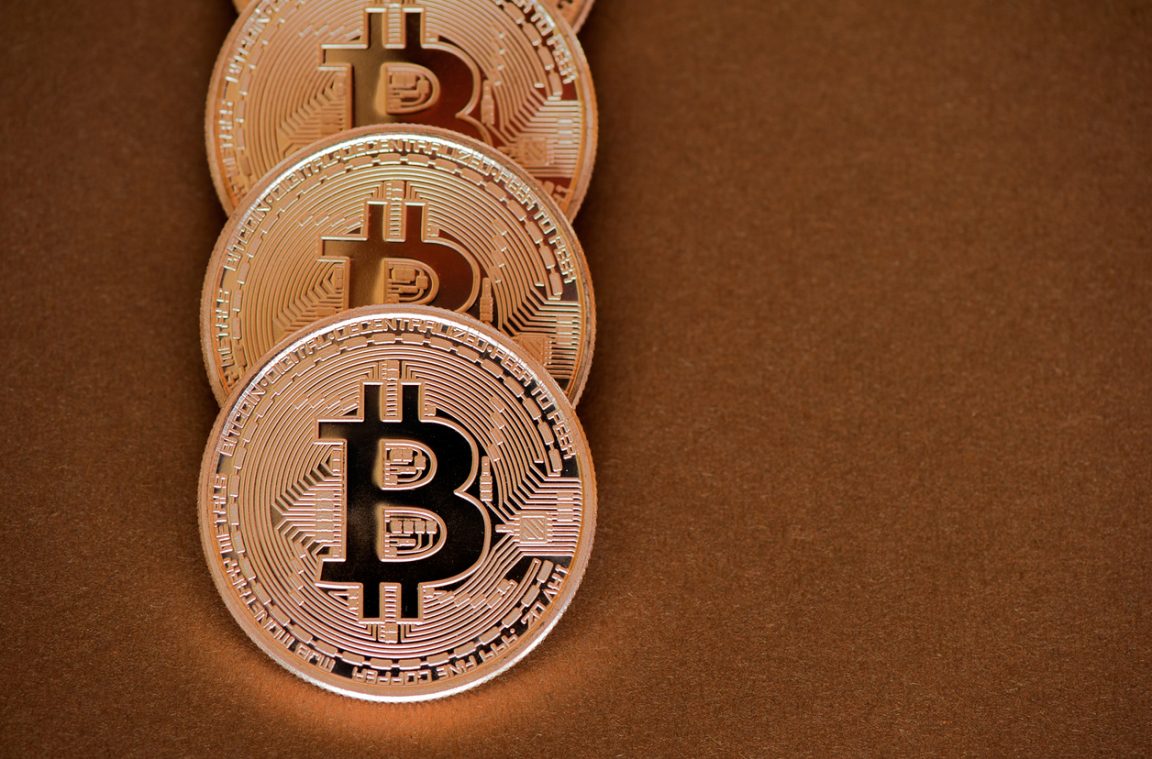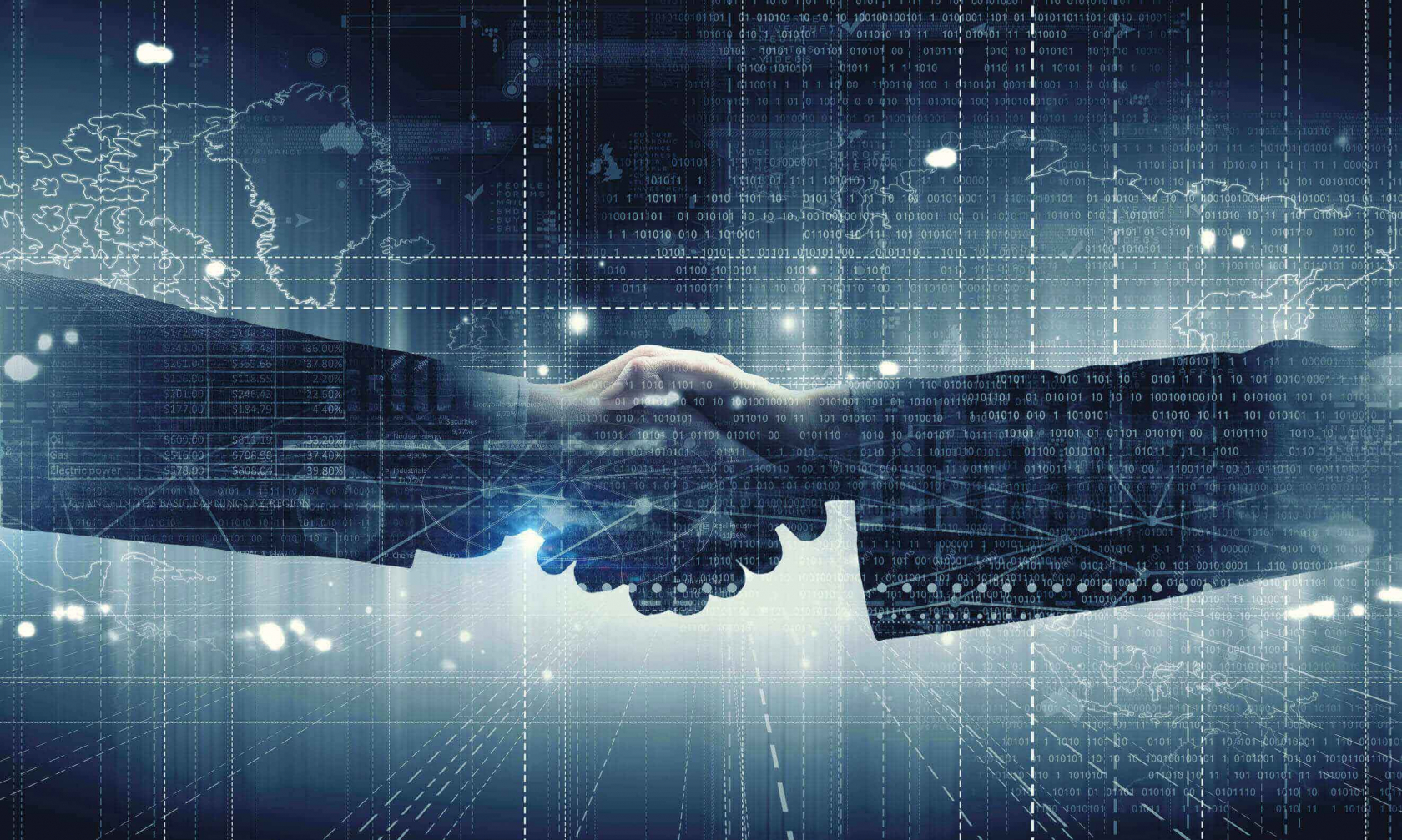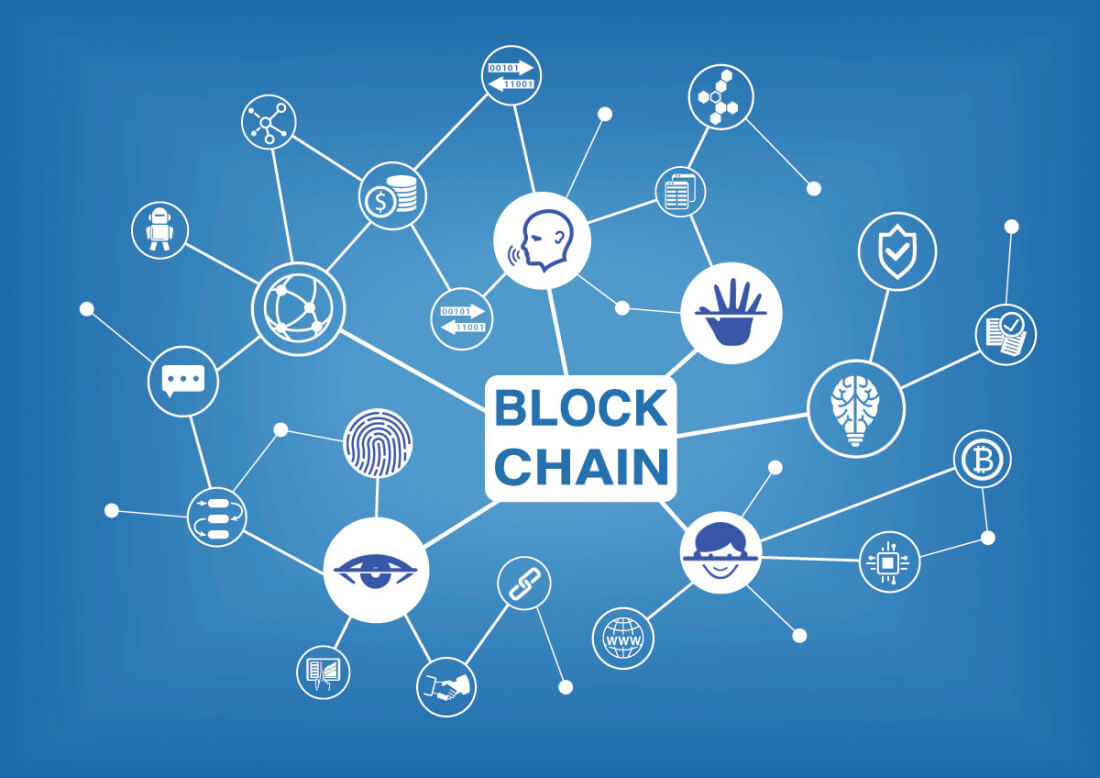With cryptocurrencies gaining in popularity and an increasing portion of our lives happening online, blockchain is a term that you've probably heard more and more often lately. However, blockchain is not just Bitcoin, and Bitcoin is not just blockchain. Indeed, it may be one of the most important technological revolutions going forward in the 21st century.
In order to understand the potential impact that blockchain can have on modern society, it's important to understand what a blockchain is and how it operates. PCMag recently posted a very thorough look at blockchain technology that we recommend you to read.
First thing you'll need to learn is that blockchain is nothing physical, but in its simplest form is a way of storing and linking data in a distributed manner to establish trust between users. Data relating a digital transaction is added to a block and then through advanced cryptographic functions, each block is linked to the previous block. This forms a chain of blocks.
One of the most important features of blockchain technology is its immutability. That means that once something is on the blockchain, it remains on it and can never be changed or removed in any way. Since blockchains are decentralized, there is no organization controlling it and thus no single point of failure.
The trust comes from the fact that each block is built off of the previous block. If anyone attempts to modify an earlier block or insert fraudulent information into a new block, the cryptographic hash functions won't line up and the block will automatically be considered invalid.

When talking about blockchain, the cryptocurrency Bitcoin usually comes to mind. The two technologies are deeply intertwined but they are not the same.
A simple analogy is comparing your desktop computer to the CPU inside of it. Your PC needs the CPU to operate, but it is just one of several mandatory components. Bitcoin makes use of a public, decentralized blockchain to store and verify transactions, but there is more to it. While cryptocurrencies certainly have a large potential for mass adoption, blockchain's potential is much bigger and is not limited to currencies.
How can you track pork shipments in China to prevent diseases, manage land-owning rights to different areas in Africa and develop a music sharing service that ensures artists get paid what they deserve? The answer to all of these is blockchain.
In almost any situation where you need to establish trust with someone online or conduct a secure transaction, blockchain can be the answer.
Blockchain can help eliminate voter fraud by ensuring every vote is counted only once and for the right party. The technology can help store medical records and enable the secure sharing of that information between your doctors. It can also help eliminate fraud in credit card transactions by verifying each purchase is legitimate and for the correct amount of money.

Delaware, home to a large number of incorporated businesses, has started automated stock issuance using blockchain technology. A survey by accounting giant Deloitte found that 35 percent of health and life sciences executives plan to implement some form of blockchain technology within the year.
It's important to remember that blockchain isn't just some far off dream discussed at tech conferences. It's actually being implemented right now by some of the industry's biggest names such as IBM and Microsoft. Software-as-a-service and cloud computing were revolutionary a few years ago but these companies are now betting big on blockchain-as-a-service.
There are still many regulatory concerns to overcome when dealing with sensitive financial and medical information, but they will not slow the technology for long. Blockchain is not a household buzzword... yet. You can learn more about it here.
